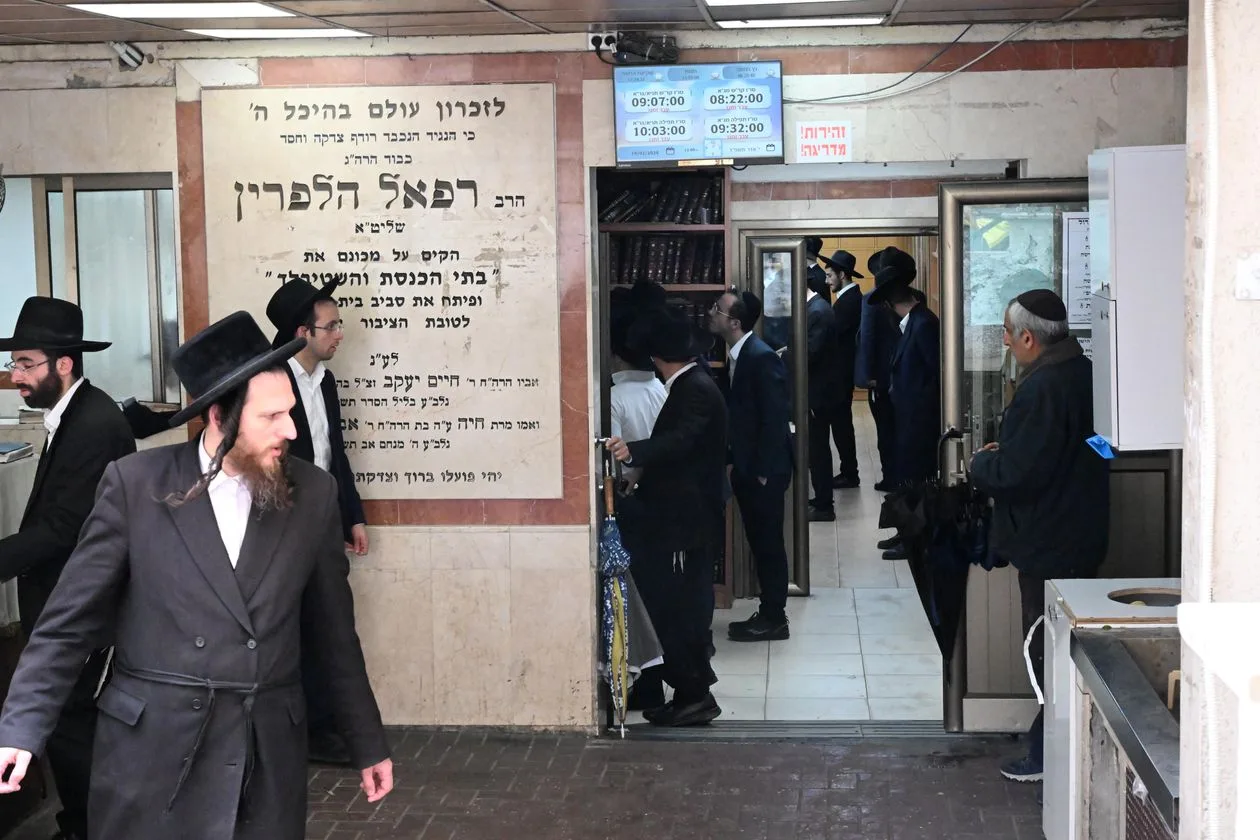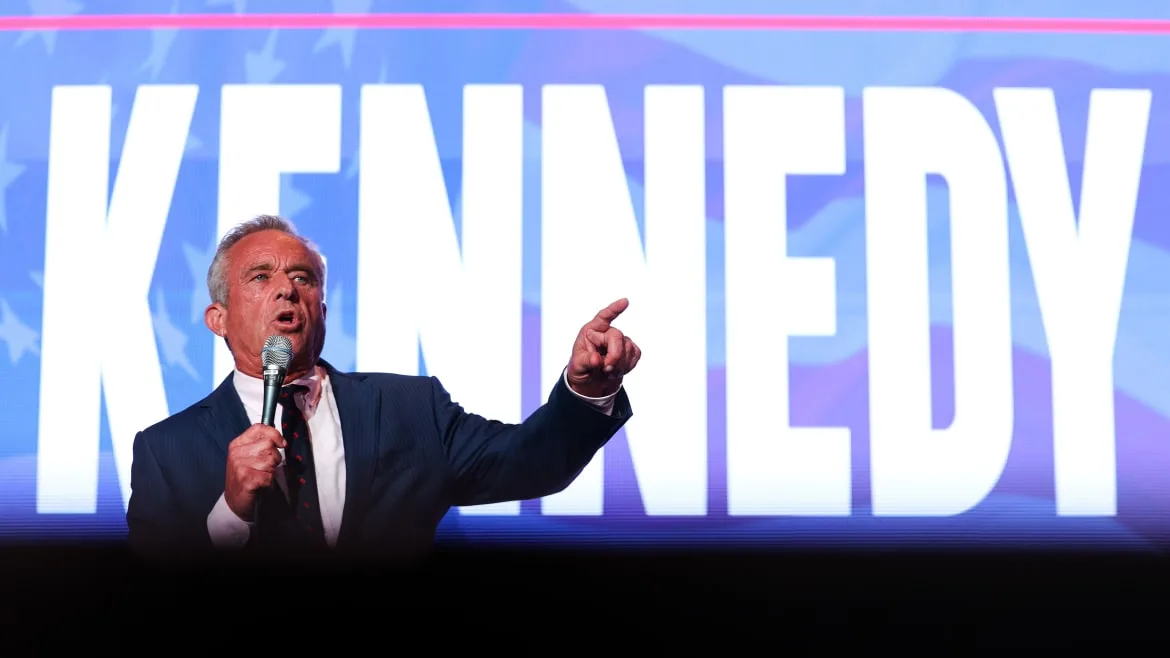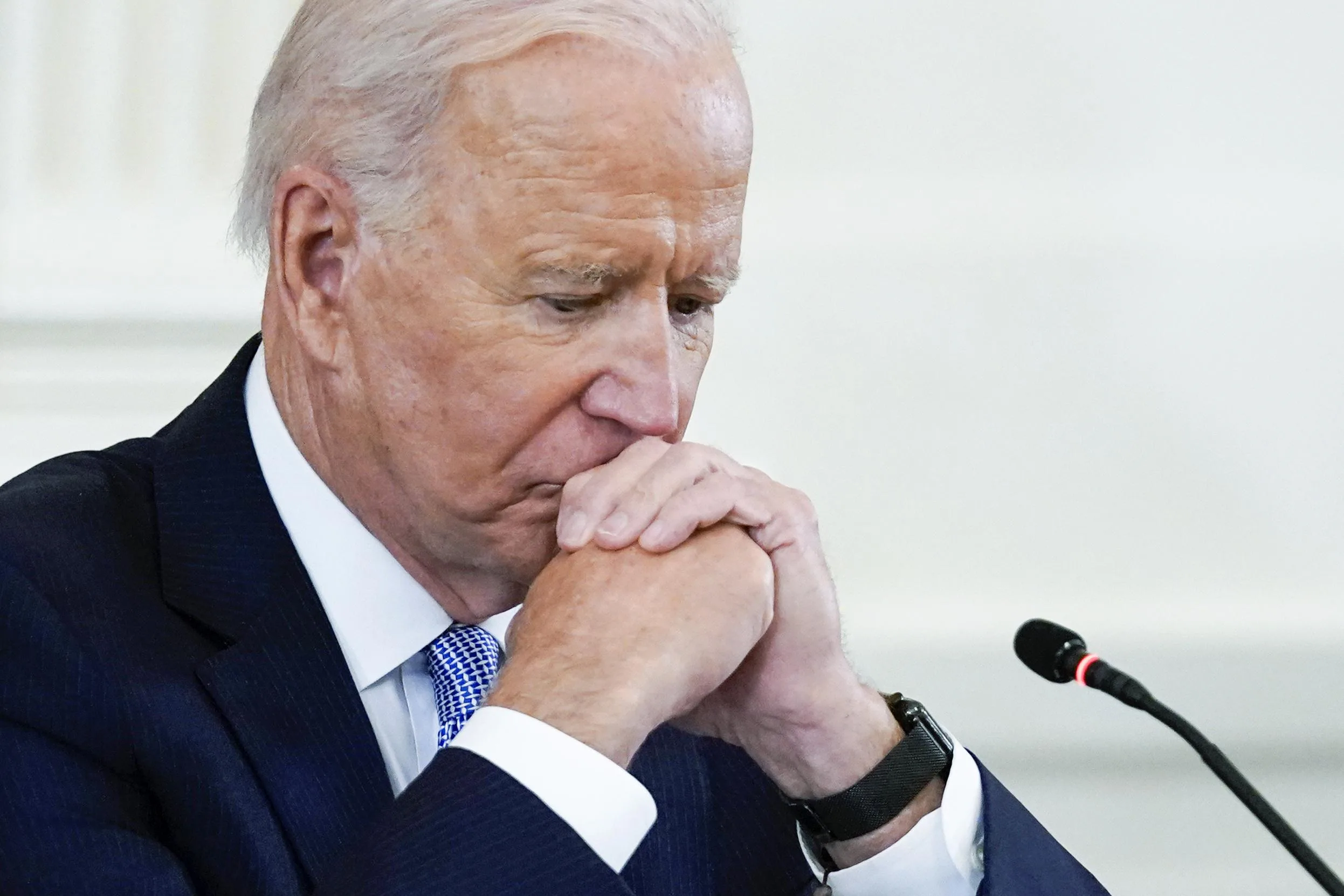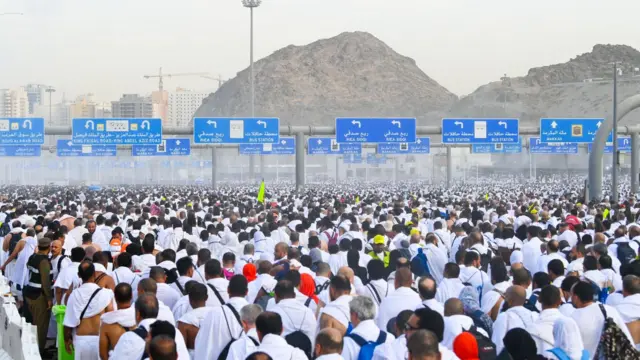Key Points:
“Proposed changes to Israel’s conscription law would increase pressure on ultra-Orthodox (Haredi) men to serve in the military.”,
“Currently, most Haredi men receive exemptions to pursue religious studies, a policy that has caused resentment among secular Israelis.”,
“The issue is highly sensitive, tied to religious freedom, national security, and the delicate balance of power in Israeli politics.”,
“Protests have erupted within the Haredi community, with some leaders comparing the law to religious persecution.”,
“The government argues that the changes are necessary to ensure a fairer distribution of the burden of national service.”
Insights:
“The controversy exposes deep divisions in Israeli society between secular and religious communities.”,
“The outcome of this debate could have significant implications for the future of Israeli politics and social cohesion.”,
“The debate raises complex questions about the role of religion in a modern state and the balance between individual freedom and collective responsibility.”
The controversy exposes deep divisions in Israeli society between secular and religious communities., The debate raises complex questions about the role of religion in a modern state and the balance between individual freedom and collective responsibility.
Content:
Recent efforts to reform Israel’s conscription law have ignited fierce opposition from the ultra-Orthodox (Haredi) community. The proposed changes aim to gradually reduce the number of exemptions granted to Haredi men, requiring them to fulfill their mandatory military service like their secular counterparts.
This has sparked protests and accusations of religious persecution from Haredi leaders, who view Torah study as a paramount religious duty that supersedes military service. The government, however, emphasizes the need for a more equitable sharing of national responsibility, arguing that the current system breeds resentment and inequality.
Our Perspective:
Beyond the headlines of protest and political maneuvering lies a deeper struggle for the soul of Israel. Is it a nation defined primarily by religious observance or by shared civic duty? The answer may lie in finding a compromise that respects the Haredi community’s commitment to religious study while also acknowledging the importance of broader national service – perhaps through alternative civilian service options. Failure to bridge this divide risks exacerbating existing tensions and undermining the very fabric of Israeli society.



